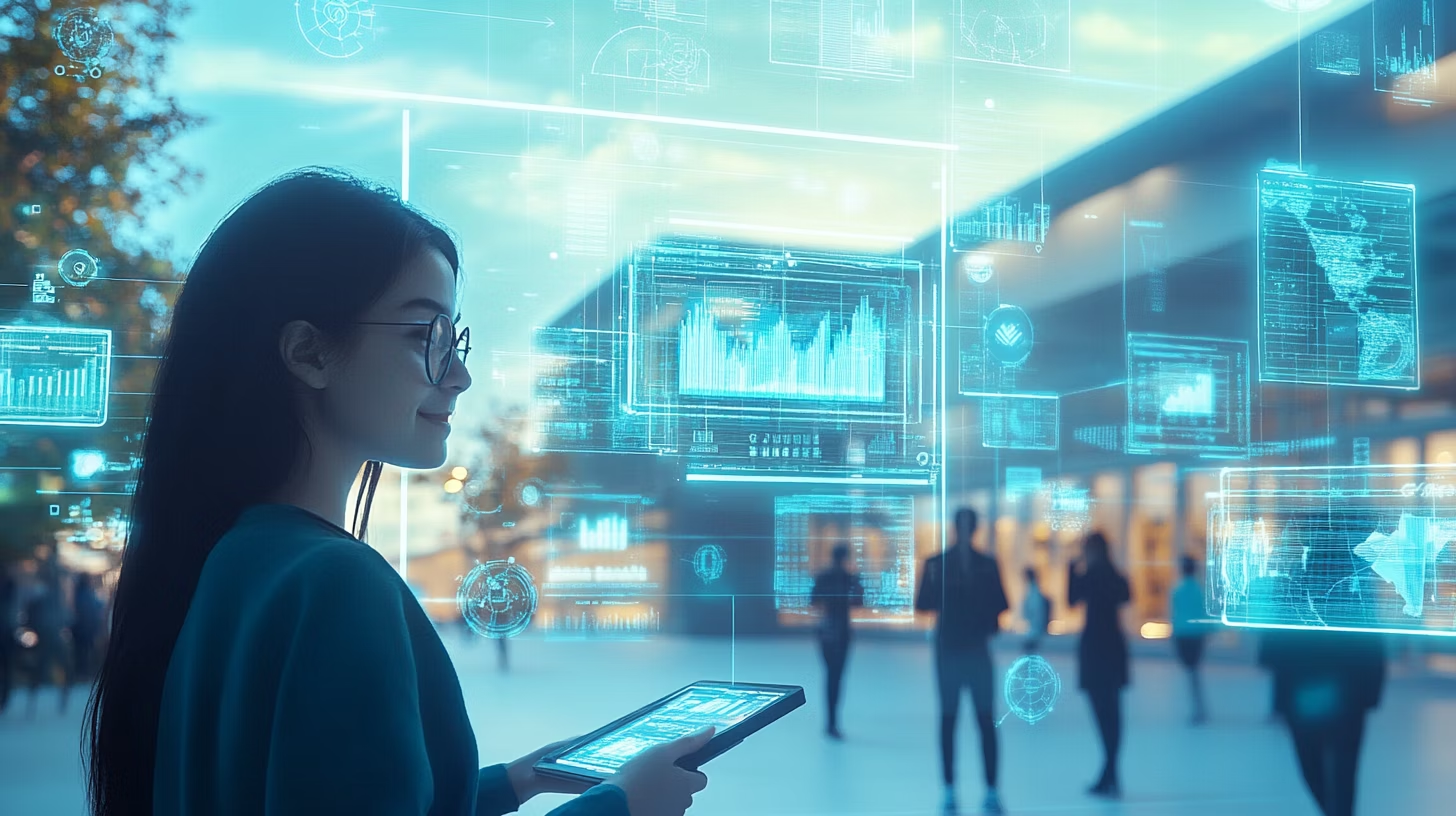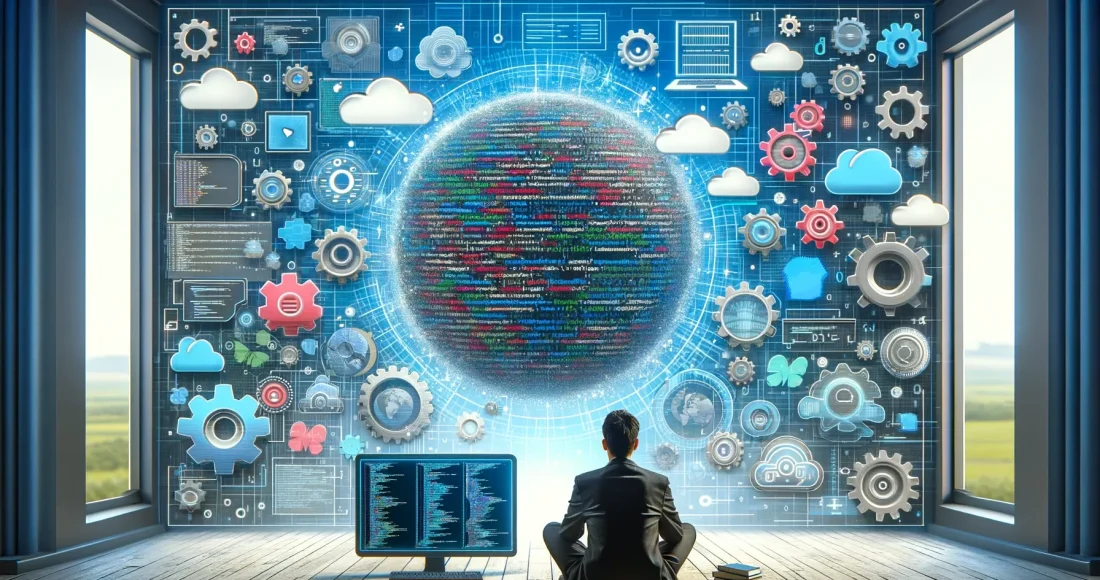Society is more than just a collection of individuals; it is the intricate web of relationships, values, and systems that shape how we live, work, and interact. Over centuries, societies have evolved through cultural shifts, economic changes, and technological breakthroughs. Today, we find ourselves at a unique point in history, where rapid globalization, digital transformation, and social movements are redefining what it means to live in community with one another.
As society evolves, so do the challenges and opportunities that come with it. This article explores how key factors—technology, culture, inequality, education, and sustainability—are influencing modern society and shaping its future.
Technology and the Digital Society
Technology has transformed how societies function. The rise of the internet, smartphones, and artificial intelligence has reshaped communication, work, and even identity.
-
Communication: Social media platforms have created new ways for people to connect, share ideas, and form communities. At the same time, misinformation, online polarization, and digital addiction present serious concerns.
-
Work: Remote work has become a norm in many industries, offering flexibility but also blurring boundaries between personal and professional life.
-
Identity and Expression: Digital spaces allow individuals to express themselves freely, challenging traditional norms around gender, culture, and politics.
The digital age has made society more interconnected than ever, but it has also highlighted the importance of balancing innovation with responsibility.
Culture and Diversity in Modern Society
One of the most significant shifts in recent decades is the growing emphasis on diversity and inclusion. As societies become increasingly multicultural, they must learn to embrace differences while finding common ground.
-
Immigration: Migration has introduced new traditions, languages, and cuisines, enriching cultural landscapes. Yet it has also sparked debates about national identity and integration.
-
Representation: Media, politics, and business are under pressure to represent diverse voices, ensuring marginalized groups are seen and heard.
-
Global Exchange: Cross-cultural collaborations in music, film, and art are fostering global connections, blending traditions while creating new cultural forms.
Diversity strengthens society by encouraging empathy, creativity, and resilience. However, achieving true inclusion requires addressing systemic barriers and biases.
Inequality and Social Justice
Despite progress, inequality remains a pressing issue across the globe. Gaps in wealth, education, healthcare, and opportunity continue to shape life outcomes.
-
Economic Inequality: The wealth gap between the richest and poorest continues to widen. This disparity influences access to housing, healthcare, and even political power.
-
Gender Inequality: Women and non-binary individuals still face barriers in leadership roles, wage equity, and safety.
-
Racial and Ethnic Inequality: Discrimination, both overt and systemic, persists in many areas, from hiring practices to law enforcement.
Social justice movements—from civil rights to climate justice—are challenging these inequities, pushing societies toward greater fairness and accountability.

Education as a Social Pillar
Education is one of the most powerful tools societies have to shape their future. It not only equips individuals with skills but also fosters values, critical thinking, and civic responsibility.
-
Access to Education: While literacy rates have risen globally, millions still lack access to quality education, particularly in developing regions.
-
Digital Learning: Online education platforms have democratized learning, though they also expose the digital divide between those with and without access to technology.
-
Lifelong Learning: In fast-changing economies, continuous education is becoming essential, ensuring people can adapt to shifting job markets.
Education has the potential to reduce inequality and empower communities, but only if it is made accessible and inclusive for all.
Sustainability and Society’s Responsibility
Environmental challenges are not just scientific or political issues—they are societal ones. Climate change, pollution, and resource scarcity affect communities worldwide, demanding collective action.
-
Climate Action: Societies are increasingly pressured to adopt sustainable practices, from renewable energy to waste reduction.
-
Urban Development: Cities, home to more than half the global population, are rethinking transportation, housing, and infrastructure to be more sustainable.
-
Individual Responsibility: While systemic changes are crucial, individuals are also embracing eco-friendly habits, from plant-based diets to reducing plastic use.
Sustainability is about more than protecting the planet—it is about ensuring that future generations inherit a society capable of thriving.
The Role of Community and Social Bonds
Even in an increasingly digital and globalized world, the local community remains the backbone of society. Social bonds foster trust, cooperation, and resilience.
-
Volunteering: Acts of service strengthen ties between individuals and communities, creating a sense of shared responsibility.
-
Social Support Systems: Families, friends, and neighborhoods provide emotional and practical support, particularly during crises.
-
Civic Engagement: Participating in elections, community projects, and advocacy ensures that citizens have a voice in shaping their society.
Strong communities create environments where people feel valued, supported, and empowered to contribute.
Challenges Facing Modern Society
Despite progress, today’s societies face significant hurdles:
-
Polarization: Political and ideological divides threaten unity and cooperation.
-
Mental Health Crisis: Stress, isolation, and digital overexposure are fueling rising rates of anxiety and depression.
-
Global Crises: Pandemics, economic downturns, and conflicts test societies’ resilience and solidarity.
Addressing these challenges requires collaboration between governments, businesses, communities, and individuals.
The Future of Society: A Vision of Possibility
The society of tomorrow will be shaped by decisions made today. By investing in education, embracing diversity, fostering sustainability, and promoting justice, societies can build inclusive and thriving communities.
Technology will continue to play a central role, offering both solutions and risks. Global interconnectedness will deepen, making international cooperation increasingly essential. At the same time, local traditions and communities will remain vital in grounding individuals with identity and purpose.
Ultimately, the strength of any society lies not in its wealth or technology but in how it cares for its people. A just, inclusive, and sustainable society is not an abstract dream—it is a goal within reach if collective responsibility is embraced.

Conclusion
Society is constantly evolving, shaped by culture, technology, economics, and human values. Today’s world faces pressing challenges, but it also holds immense opportunities to create healthier, fairer, and more sustainable communities.
The path forward requires balance: embracing diversity while fostering unity, leveraging technology while protecting humanity, and addressing today’s problems with a vision for future generations.
In the end, society is not something external—it is each of us. Our choices, values, and actions weave the fabric of the world we live in. By committing to fairness, empathy, and responsibility, we can help shape a society that not only survives but thrives in the decades to come.

